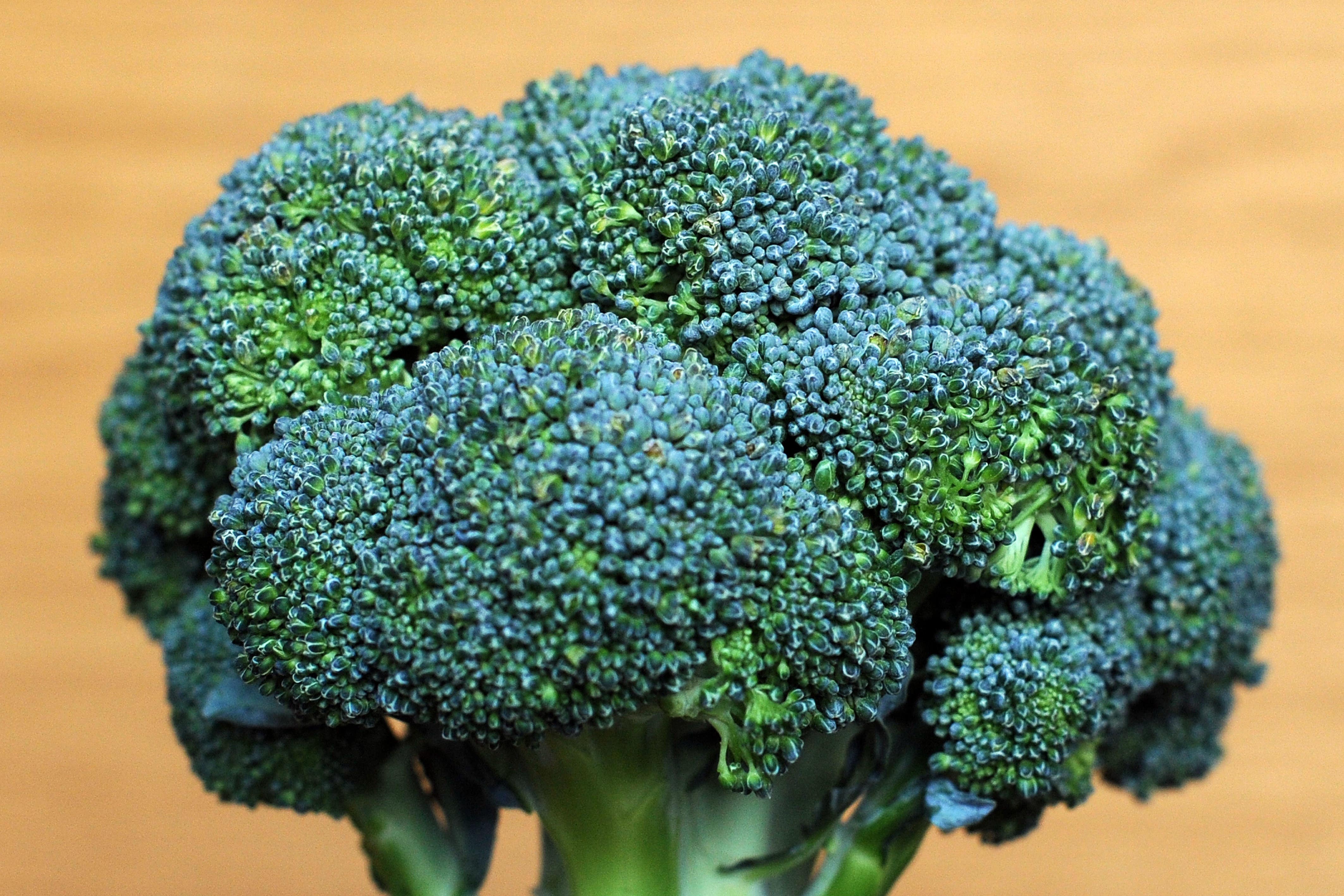Watching others visibly dislike vegetables may make you dislike them too – study
In the study more than 200 women aged 18-30 watched a video of unfamiliar adults consuming raw broccoli.

Your support helps us to tell the story
From reproductive rights to climate change to Big Tech, The Independent is on the ground when the story is developing. Whether it's investigating the financials of Elon Musk's pro-Trump PAC or producing our latest documentary, 'The A Word', which shines a light on the American women fighting for reproductive rights, we know how important it is to parse out the facts from the messaging.
At such a critical moment in US history, we need reporters on the ground. Your donation allows us to keep sending journalists to speak to both sides of the story.
The Independent is trusted by Americans across the entire political spectrum. And unlike many other quality news outlets, we choose not to lock Americans out of our reporting and analysis with paywalls. We believe quality journalism should be available to everyone, paid for by those who can afford it.
Your support makes all the difference.Watching others visibly dislike vegetables might make onlookers dislike them too, a study suggests.
The research indicates that observing facial expressions of others eating raw broccoli can influence whether or not we like the vegetable.
Humans learn which behaviour pays off, and which does not, from watching others.
Based on this, people may draw conclusions about how to act or eat, and in the case of the latter, people may use each other as guides to determine what and how much to eat.
We show that watching others eating a raw vegetable with a negative facial expression reduces adult women’s liking of that vegetable, but not their desire to eat it
Experts say this is called social modelling and is one of the most powerful social influences on eating behaviour.
In a new study, researchers investigated whether seeing what faces others make while eating raw broccoli influenced young women’s liking and desire to eat the raw green themselves.
Lead author Dr Katie Edwards, a researcher at the Aston University School of Psychology, said: “We show that watching others eating a raw vegetable with a negative facial expression reduces adult women’s liking of that vegetable, but not their desire to eat it.
“This highlights the power of observing food dislike on adults’ eating behaviour.”
In the study more than 200 women aged 18-30 watched a video containing clips of different unfamiliar adults consuming raw broccoli.
While eating, the models displayed positive (smiling), neutral, or negative (disgust-like) facial expressions.
Previous research suggests behaviour is more likely to be imitated if positive consequences are observed, while the reverse is true if negative outcomes are witnessed.
However, in the new study this correlation was only partially observed.
The researchers found that exposure to models eating broccoli with negative facial expressions resulted in a greater reduction in liking ratings, but there was not change in desire to eat the food.
“Watching others eating a raw vegetable with a positive facial expression did not increase adults’ vegetable liking or eating desire,” Dr Edwards explained.
Scientists suggest one possible reason for the findings may be that avoiding any food – irrespective of whether it is commonly liked or disliked – that appears disgusting can protect us from eating something that tastes bad or is harmful.
Another reason may be that smiling while eating is perceived as an untypical display of liking a certain food.
Dr Edwards said: “This might imply that watching someone eating a raw vegetable with positive facial expressions does not seem an effective strategy for increasing adults’ vegetable consumption.”
Although the study looked at adults, the researchers suggest the findings might also apply to children.
Dr Edwards said: “For example, if a child sees their parent showing disgust whilst eating vegetables, this could have negative consequences on children’s vegetable acceptance.”
In the present study, published in Frontiers in Psychology, the women also watched short video clips, rather than watching people eat in front of them.
However, the researchers say in the future, an important focus will be to examine the effect of watching live food enjoyment on eating behaviour.